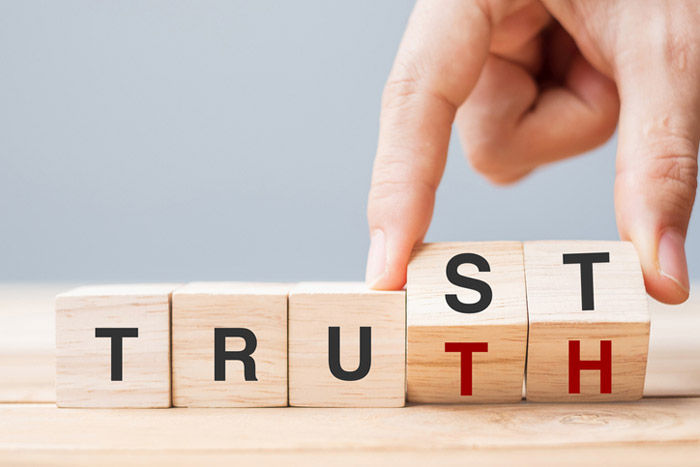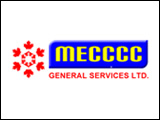My New Year’s resolution was to change my mind about something with the intent of getting closer to the truth. When I did find new information about something, hopefully I would then change my mind.
First, I had to ask myself, “What is truth?” I thought it would be simple; truth corresponds to the way things actually are. The trouble is people disagree on the way things actually are. People have beliefs about how things are that may not actually be true.
The world exists independently of the ways we think about it or describe it. The challenge is how do we distinguish between justified belief (something that is true) and opinion (something that may or may not be true).
In my pursuit of the truth, I found that there are many reasons to not tell the truth, some good or okay and others bad. For example, if I ask, “Does this top make me look fat?”, my friend might choose to not tell the truth to maintain our relationship. Sometimes we do not tell the truth to save someone from pain or to hide our own embarrassment.
When we use untruths to manipulate people or to deceive them, then we have told a lie. Lies are bad and the average person has a guilty conscience when they lie. This is why we develop ingenious methods to deceive people without actually lying. I discovered a new term, “paltering”. Paltering is deceiving by telling a partial truth. Politicians favour this kind of deception.
Using scientific methods seems to be one of the best ways to establish truth. But even that can be misleading if any one of your premises is false. I am finding out that any truth is provisional, not an end state. Many of the scientific truths that we established in the past are turning out not to be true as we obtain new information. Bottom line is that searching for the truth is a lifelong occupation. At best we can probably say that we are closer to the truth but not say that we have found the truth.
I wonder how can we get back to telling the truth? It used to be that your word was your bond. I remember my father making business deals verbally. Even if later the deal turned out not to be very good, he kept his word. Your word was your reputation because you dealt face to face with a small number of people. One untruth could ruin your reputation. To rebuild your reputation takes a lot of time and is more work than just telling the truth to begin with.
Philosophers have grappled with “What is truth?” for a long time and they will continue to debate what it is. I will leave further investigation of what truth is to the philosophers and fall back on the position that we all know what truth is, it is just difficult to explain. With this new appreciation for how complex truth is, I still hope to get closer to the truth and promote truth-telling for a better future where we can learn to trust each other again and where our word is our bond.




